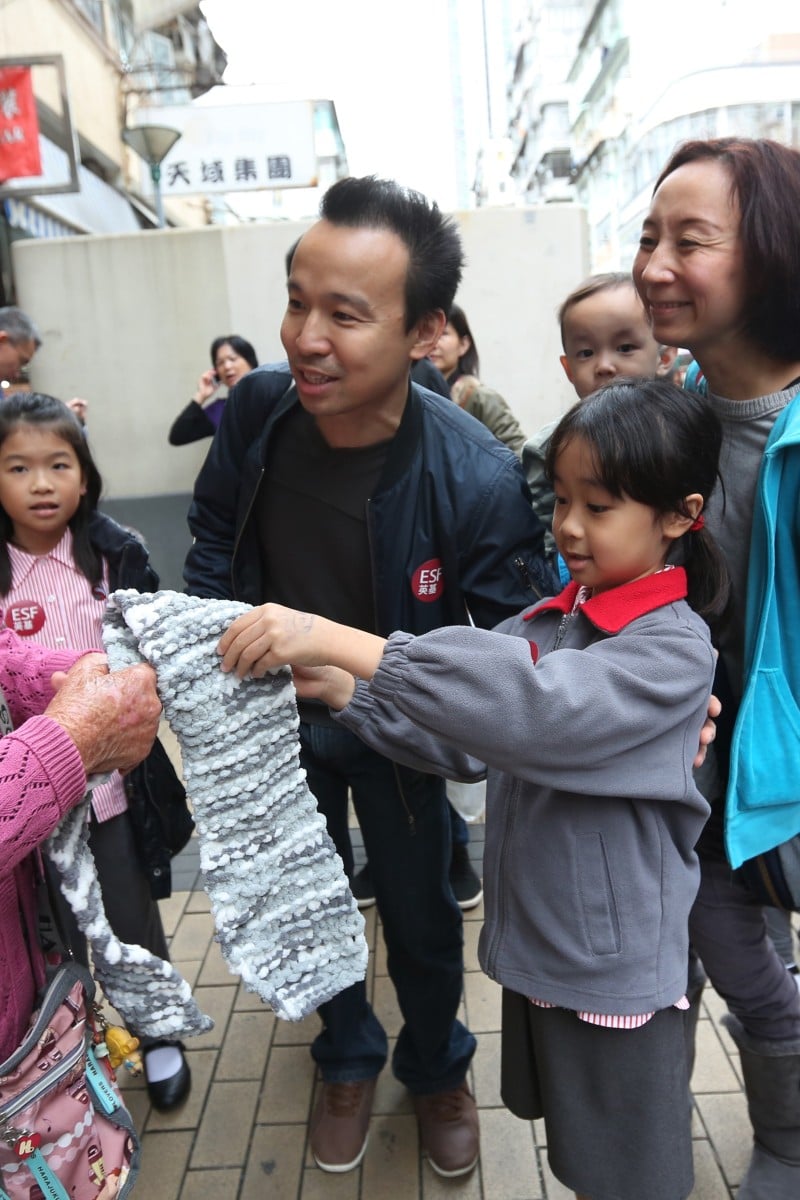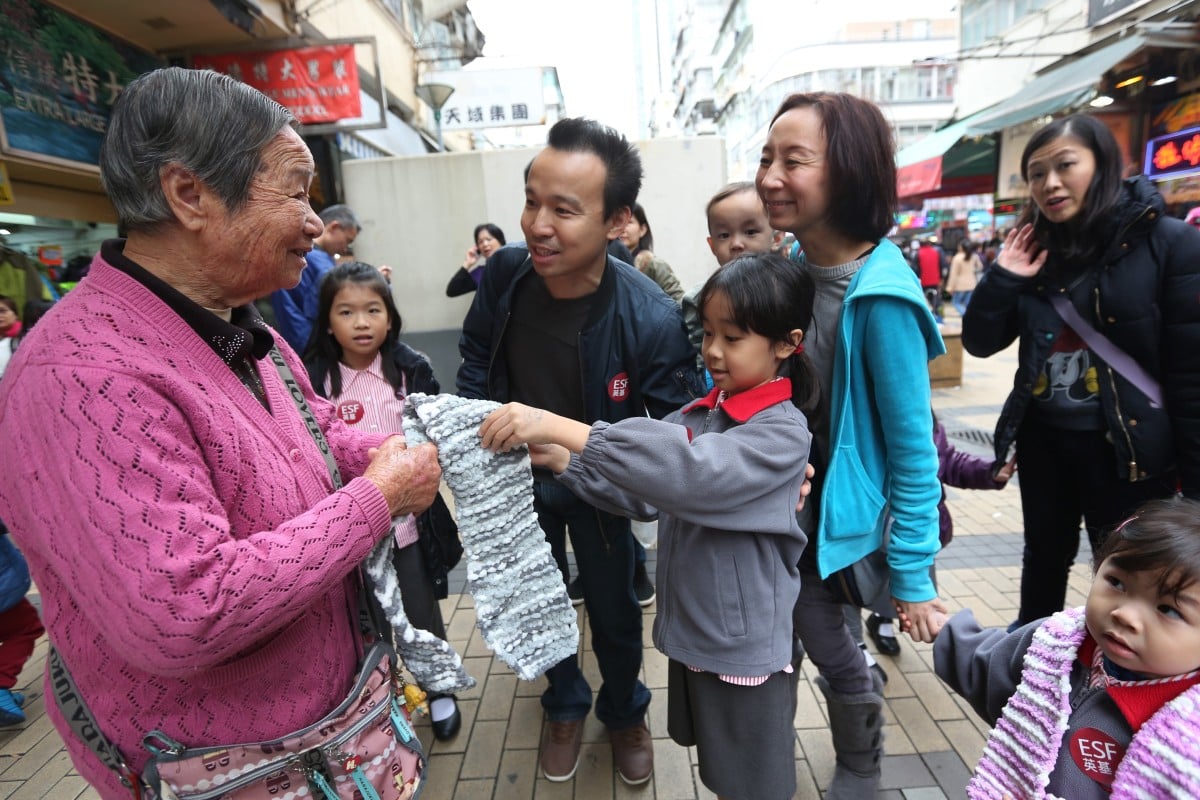
Face off: is the Hong Kong government doing enough to help the elderly?
Each week, two of our readers debate a hot topic in a parliamentary-style debate that doesn’t necessarily reflect their personal viewpoint. This week...
 The elderly in Hong Kong are often reliant on charity.
The elderly in Hong Kong are often reliant on charity.Charlotte Fong, 15, International Christian School
The Hong Kong government has launched many schemes to care for a rapidly ageing population. From health care programmes to retirement funds, senior citizens receive ample support in all aspects of life.
Under the Health Care Voucher Scheme, people above the age of 65 receive HK$2,000 per year for private care services. This greatly reduces their financial burden. Many elderly people prefer home remedies because of the high cost of medical services, but this can lead to more health complications. The voucher scheme helps patients to build a good relationship with their doctors who are familiar with their conditions and can offer better treatment.
Around 10 per cent of Hong Kong’s elderly population suffer from dementia, and the number is expected to increase threefold in 20 years. Therefore, the government introduced a Dementia Community Support Scheme last year. Dementia patients are referred to district elderly community centres, where health care professionals will provide support for them and their families. There will be individual care plans based on the patients’ needs, ensuring that they are well looked after. Currently, around 2,000 people benefit from the programme, but the number of recipients are expected to increase.
Meanwhile, the Mandatory Provident Fund ensures that workers have enough financial support after retirement. The scheme requires both employers and employees to make contributions to the fund, where the money is invested in and it accumulates over many years. When workers retire, they get the money, along with their investment returns. Today, 85 per cent of Hong Kong’s working population have enough savings for retirement, compared to just one-third before the MPF was implemented.
New schemes are being introduced every year, and many elderly people are benefiting from them. The The Hong Kong government is fully prepared to care for the city’s ageing population.
Henry Lui, 18, University College London
Even though Hong Kong’s economy appears to be functioning just fine, the elderly are still suffering. The insufficient support and health care services available to the elderly has now made them a group that requires the government’s urgent attention.
While it is true that some of the problems are caused by socio-cultural factors, the government is still partly to blame for failing to fully take them into account. As highlighted by a June article in the SCMP, most of the city’s “cardboard grannies” are eligible for social security benefits, but refuse to seek help from the government.
Although this seems like a minor issue, such ingrained social attitudes create practical problems for the elderly, since a typical cardboard seller makes less than HK$1,000 per month. This is particularly the case given the lack of government efforts to promote employment and equal opportunities for the elderly; seniors who want more dignified jobs will always be pushed away in favour of younger individuals.
With the SCMP report revealing a widespread can-do attitude among the elderly, it is inappropriate for the government to neglect those who wish to continue working.
Even those who receive welfare benefits from the government face many problems. Seniors with health issues that require special attention had to wait an average of 11 months for places at day-care centres in 2016. Of them, 6,104 died before they could receive treatment.
This is not helped by the decision to encourage private care services for the elderly over government-funded schemes, which could cost more than HK$5,000 per month – a huge burden on a typical Hong Kong family that is already struggling to make ends meet.
Although there has been some talk about expanding the capacity of government-subsidised nursing homes, the authorities have yet to fully address the problem.
With no real direct intervention, the government hasn’t done enough to support the elderly in creating an environment that fulfils their needs. The provision of financial and material support still has a way to go before we can deem it as adequate for the current generation of seniors.